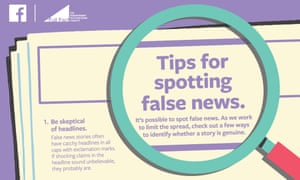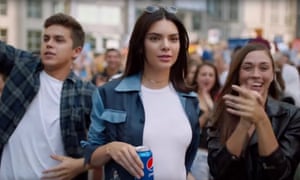
This article discusses the growing powers of Facebook, it had been a game-changer for both Brexit and Trump and its influence on politics is continuing to grow with Facebook recruiting its own political advisers. However, this is not surprising, newspapers have been rapidly declining because of Facebook and Google taking up 90% of advertising growth. Television too is beginning to see an impact as ad revenue take stalls. The article looks into the possibly bleak future, where there will be no print papers any longer if things continue in this manner. TV will also be become a dying medium and media outlets such as the BBC may end up becoming a much-diminished force. On the other hand, social media may continue to grow with its reach more complete. The regulation of global media giants has become a popular topic recently, and this is explored in the article. Some countries such as Russia see the internet as just another tool in propaganda. Turkey has aimed to to wipe media communities off the map and China has created their own, carefully supervised, alternatives to the internet. Germany on the other hand has threatened heavy fines if Facebook doesn’t take down offensive posts within 24 hours. The lack of international law also accentuates this problem, Facebook is growing in power and there is nothing to regulate it.
I believe that the article gives an interesting insight into the potential future that Facebook poses on society if things continue to go in this manner. Additionally more should be done to regulate Facebook as it is increasing in power without much regulation.

This article highlights the various controversial advertisements that have been linked to the concept of "culture appropiation". A key example of this is the Pepsi advert in which Kendall Jenner took part in a protest that ripped off images from the civil rights and Black Lives Matter movements, only to climax with the model sharing a Pepsi with the police. Another recent example is also the Shea Moisture advertisement, a small brand used more often used by black women. Last month it unveiled an ad featuring three white women and one black woman whose long hair was atypical of most with afro hair.This also created outrage as it suggested that the formula was now being changed from a specialised product to one to accomodate all hair textures for the sake of profit gain. The article also highlights a popular debate on braided hair, a millennia-old black hairstyle – only became a “thing”, according to the online fashion giant Asos, when Cara Delevingne decided to wear them. However, a black woman wearing her hair in braids to a job interview would still get told she doesn’t look suitable for selling “high-end” products. Jordan Dunn, one of fashion’s most recognisable faces, was told that the reason black women didn’t feature in a high-end fashion publication was that “black models don’t sell magazines”. The article also goes into social media advertising through promotional products, and describes it as a rapidly growing field. Reports say 200,000 posts per month on Instagram are now tagged “#ad”, “#sp” or “#sponsored” which demonstrates that they are making financial gain from posts. It’s a serious business. A pay chart created by the internet marketing firm Takumi calculated that major influencers with more than 100,000 followers could quite easily make £150,000 a year from sponsored Instagram posts.
I believe that culture appropriation is a major issue and often has to be considered when creating products or advertising, as various adverts have been accused of this, however I do believe that this is in some cases exaggerated. I find the statistics on social media promotions interesting as I never thought so much money could be made from promoting products, this however goes to show the relevancy of social media when selling products.


No comments:
Post a Comment